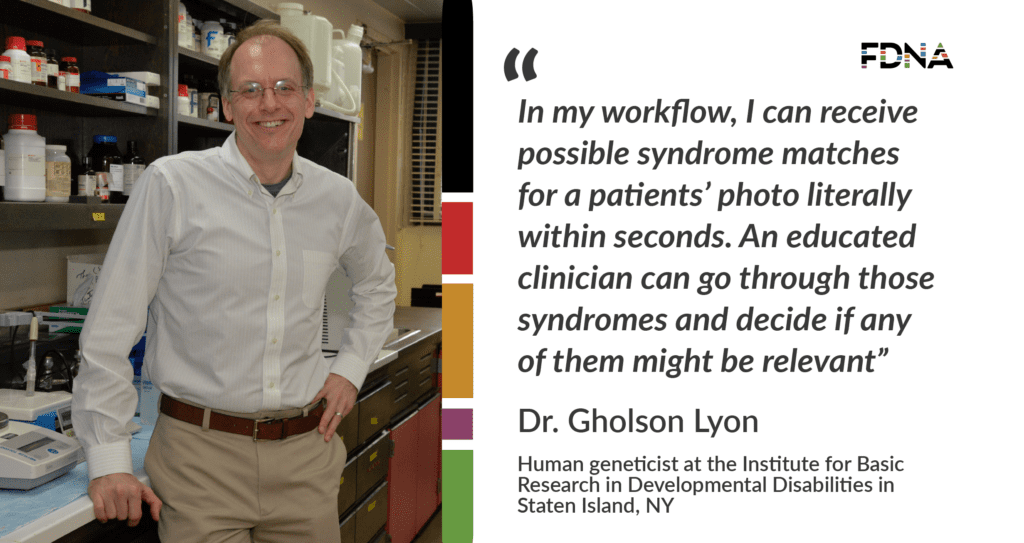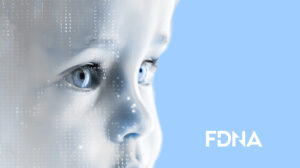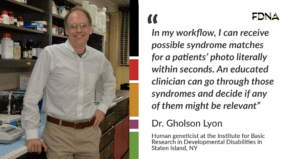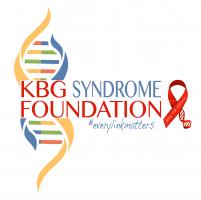We spoke with Dr. Gholson Lyon about his article that shows the utility of facial analysis to diagnose 25 KBG Syndrome patients from 8 different countries. Published in the esteemed peer-reviewed journal European Journal of Human Genetics, the paper titled “KBG syndrome: videoconferencing and use of artificial intelligence driven facial phenotyping in 25 new patients” was carried out in collaboration with a team of scientists and researchers and presents the utility of FDNA’s facial analysis AI to help MDs diagnose this rare syndrome. This article is one of many papers trying to demonstrate the utility of these tools but is the first one utilizing three of them together.
Dr. Gholson Lyon, a human geneticist at the Institute for Basic Research in Developmental Disabilities in Staten Island, NY, and the principal investigator of the study, explained that he wanted to try to prove that for this one rare disease (KBG Syndrome) the facial recognition analysis was able to help with making the diagnosis.
“The study findings indicate that AI-assisted facial applications can play a role in reducing missed diagnoses, given the often-mild cognitive deficits and subtle dysmorphic features of KBG syndrome” says Dr. Lyon. The paper highlights that combining data from AI and patient registries can optimize diagnosis and help develop guidelines and treatment recommendations. “In my workflow, I can receive possible syndrome matches for a patients’ photo literally within seconds. An educated clinician can go through those syndromes and decide if any of them might be relevant”.
The breakthrough study presents a protocol combining the use of videoconference and artificial intelligence (AI) in collecting and analyzing data leading to the diagnosis of KBG Syndrome. A single clinician interviewed 25 individuals from eight different countries, reviewed their medical records and had their photos analyzed by the FDNA’s algorithms, known as GestaltMatcher, DeepGestalt and PEDIA, FDNA algorithms. Find out more about FDNA’s technologies here.
Nearly 30-40% of children with disabilities in the U.S. have an underlying undiagnosed condition. With 95% of rare diseases lacking an FDA-approved treatment, there is an urgent medical need to achieve early diagnosis in children to help promote a better quality of life. FDNA is used by 70% of the world’s clinicians and researchers in human genetics, representing more than 2,000 clinical sites from over 130 countries around the world.



